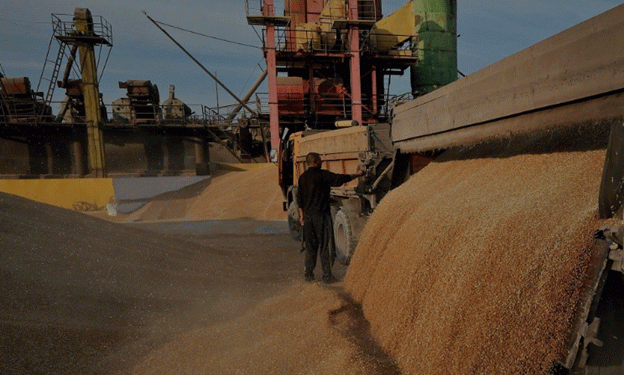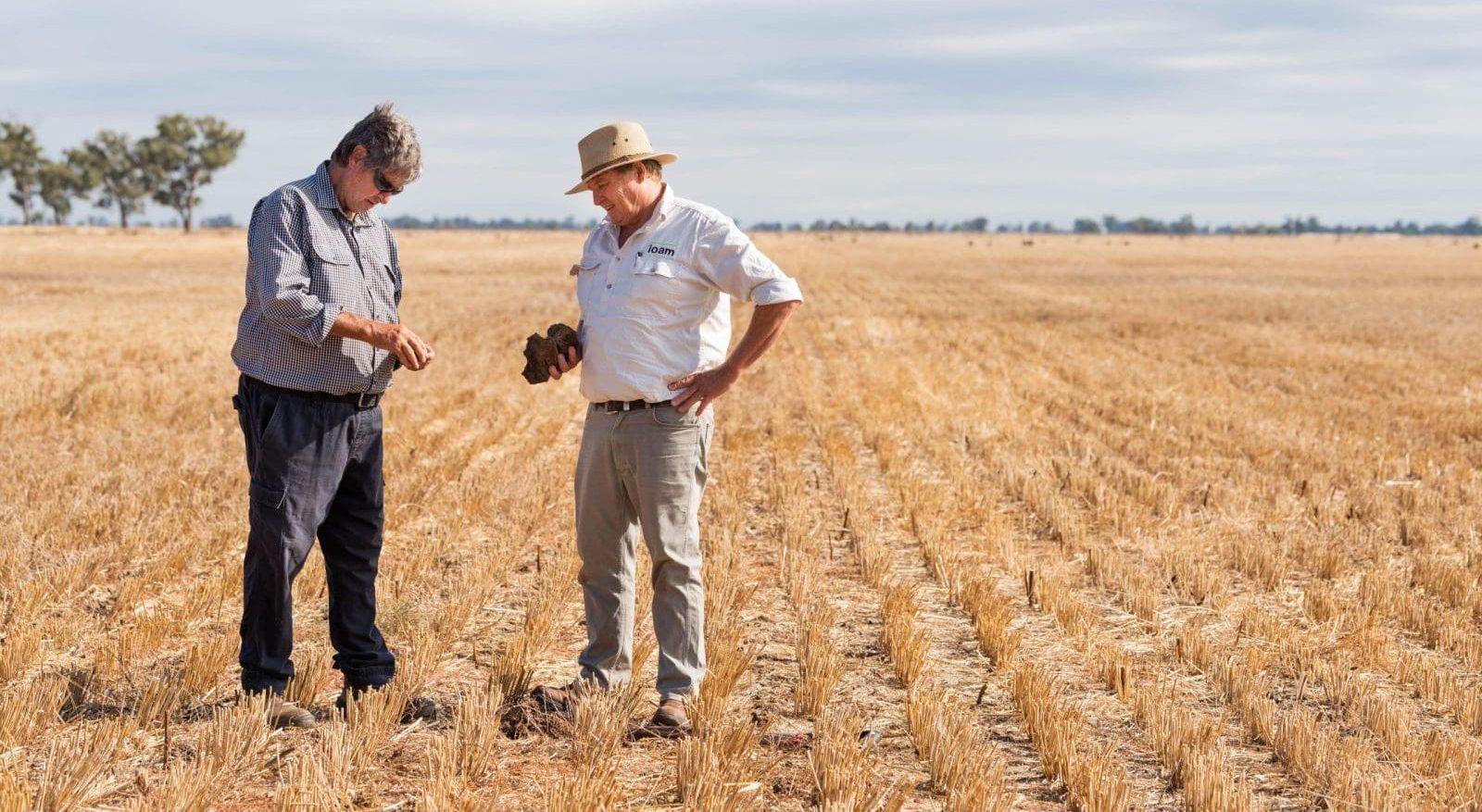Russia is one of the world’s leading wheat exporters, and Egypt remains a key partner as the largest global wheat importer. The recent establishment of Mostakbal Misr, Egypt’s new agricultural procurement agency, signals a fresh chapter in the two nations’ trade relationship. According to Eduard Zernin, Chairman of the Russian Grain Exporters and Producers Union, direct negotiations are underway with major Russian exporters to assess mutual interests and explore opportunities for collaboration.
Current State of Negotiations
Mostakbal Misr has begun pre-marketing discussions to identify suitable suppliers and ensure quality standards. Russian exporters are preparing for new tenders and are actively promoting fair competition on the global market. To strengthen this collaboration, the Russian Union of Grain Exporters is formulating proposals to improve procurement practices. These include leveraging the letter of credit payment system, verified by leading Egyptian banks, a method previously employed with Egypt’s former state importer, GASC.
Challenges and Solutions
Key challenges in this partnership include:
- Financial Risks: Transitioning away from established trade mechanisms could increase costs for Russian wheat due to heightened financial uncertainties.
- Transaction Costs: Limited access to international financial systems has created barriers for Russian exporters.
To address these, the Russian Union plans to propose cost-saving strategies, such as minimizing transactional inefficiencies and maintaining secure payment frameworks.
Potential Impacts
The continuation of a robust trade framework could stabilize wheat prices, benefiting both nations. For Egypt, securing a reliable wheat supply aligns with its strategic goal of food security. For Russia, expanding its market presence reinforces its role as a dominant player in the global grain trade.





